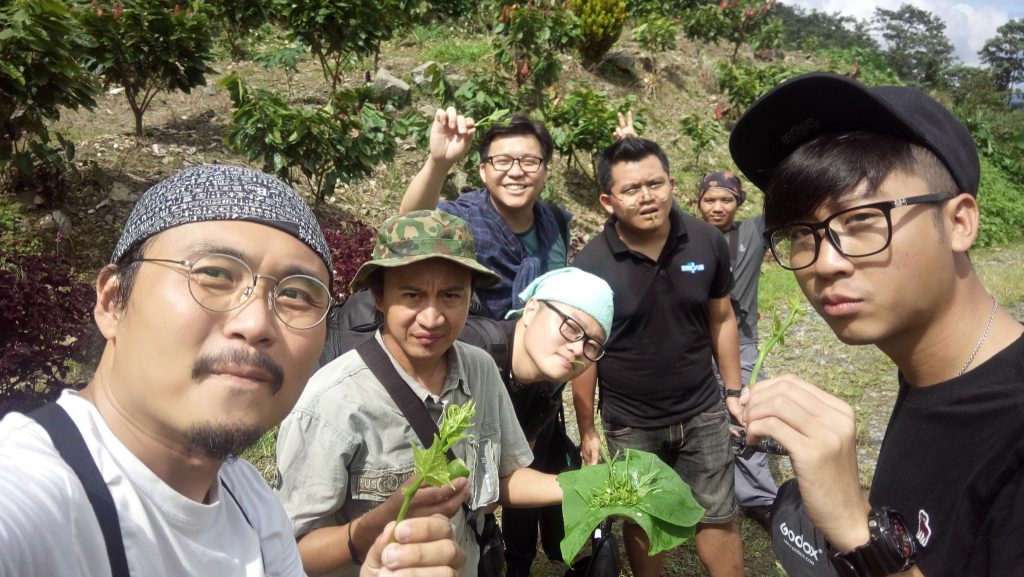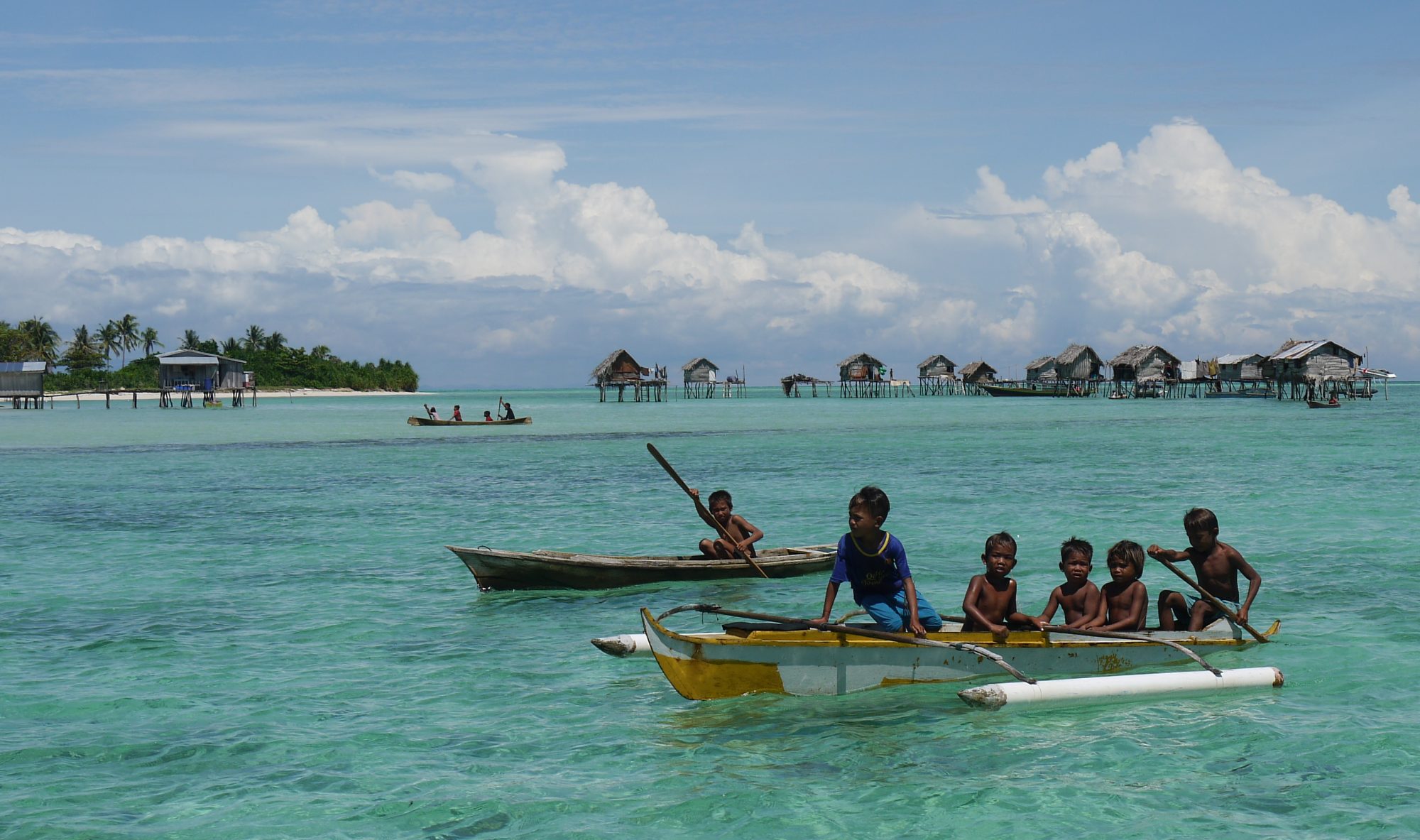Eco-tourism: responsible travel for nature conservation
According to the United Nations World Tourism Organisation (UNWTO), eco-tourism refers to forms of tourism which have the following characteristics:
- all nature-based forms of tourism in which the main motivation of the tourists is the observation and appreciation of nature as well as the traditional culture prevailing in natural areas;
- contains educational and interpretation features;
- is generally, but not exclusively organized by specialized tour operators for small groups – service provider partners at the destinations tend to be small, locally owned businesses;
- minimizes negative impacts upon the natural and socio-cultural environment;
- supports the maintenance of natural areas which are used as ecotourism attractions by:
-
- generating economic benefits for host communities,
organizations and authorities managing natural areas with conservation purposes; - providing alternative employment and income opportunities for local communities;
- increasing awareness towards the conservation of natural and cultural assets, both among locals and tourists
- generating economic benefits for host communities,
With these principles in mind, the Konexer emphasizes on community-owned programs, in specific, those with conservation elements. We also prefer programs enhanced by synergistic partnership with local ecologists and/ or conservationists.
To further support responsible travel for nature conservation, we strive to work closely with national authorities, like NGO ECOMY in Malaysia, to promote and educate for standards that optimize eco-tourism for conservation.
TL;DR…
Eco-tourism, explained
Often applied too widely by various tourism players (to the point that it has become meaningless), eco-tourism has become a confusing and misleading term. This page aims to summarize and discuss some key principles and characteristics of eco-tourism other from the universal UNWTO’s definitions. And hopefully this will help you decide if the activity you will participate in fits the description.
Definition of Ecology:
“Branch of biology which studies the interactions among organisms and their environment… topics of interest include the biodiversity, distribution, biomass, and populations of organisms, as well as cooperation and competition within and between species… not synonymous with environmentalism, natural history, or environmental science… overlaps with the closely related sciences of evolutionary biology, genetics, and ethology.”
Definition of Tourism:
“Travel for pleasure or business; also the theory and practice of touring, the business of attracting, accommodating, and entertaining tourists, and the business of operating tours.” or simply “the commercial organization and operation of holidays and visits to places of interest.” (Oxford English Dictionary)
Eco-tourism is often used interchangeably with:
Nature Tourism: “Responsible travel to natural areas, which conserves the environment and improves the welfare of local people.” (Texas Parks & Wildlife)
Adventure Tourism: “Any tourist activity that includes physical activity, a cultural exchange, and connection with nature.” (Adventure Travel Trade Association)
Sustainable Tourism:
“Tourism that takes full account of its current and future economic, social and environmental impacts, addressing the needs of visitors, the industry, the environment and host communities” (United Nations World Tourism Organisation or UNWTO)
Eco-tourism according to the practitioners
Most popular (also most simplified and adopted by most tour operation) definition of eco-tourism:
“Responsible travel to natural areas that conserves the environment and improves the well-being of local people.” (The International Ecotourism Society or TIES)
Not only having the simplest and most popular definition, TIES also has a simplified list of principles:
“Eco-tourism is about uniting conservation, communities, and sustainable travel. This means that those who implement and participate in ecotourism activities should follow the following ecotourism principles:
- minimize impact;
- build environmental and cultural awareness and respect;
- provide positive experiences for both visitors and hosts;
- provide direct financial benefits for conservation;
- provide financial benefits and empowerment for local people;
- raise sensitivity to host countries’ political, environmental, and social climate.”
Note that instead of emphasizing on the educational element of eco-tourism, TIES only mentioned “awareness, respect, sensitivity”. Hardly enough to create a deeper understanding and stronger connection with Nature. This leads to another school of thoughts in the Global Ecotourism Network (GEN).
GEN defines eco-tourism as “Responsible travel to natural areas that conserves the environment, socially and economically sustains the well-being of the local people, and creates knowledge and understanding through interpretation and education of all involved”. This definition almost align with UNWTO’s.
More technicalities
Based on UNWTO guidelines, people have also developed various criteria and indicators (C&I) using the Delphi Method to evaluate development of eco-tourism, e.g. in 1999 Abidin identified 15 criteria and 58 indicators of sustainable ecotourism for its appropriate management at Taman Negara, Malaysia, while others found different number of C&I at other places. While these C&I are useful in education and evaluation, here we shall just focus on describing eco-tourism and how responsible travel is good for nature conservation.
To sum up technically, eco-tourism should have the following characteristics (Butler 1992):
- It must be consistent with a positive environment ethic, fostering preferred behavior.
- Must not denigrate the resource. There is no erosion of resource integrity.
- Concentrates on intrinsic rather than extrinsic values.
- It is biocentric rather than homocentric in philosophy, in that an ecotourist accepts nature largely on its terms, rather than significantly transforming the environment for personal convenience.
- Must benefit the resource – the environment must experience a net benefit from the activity, although there are often spin-offs of social, economic, political or scientific benefits.
- It is first-hand experience with the natural environment.
- With an expectation of gratification measured in appreciation and education, not in thrill-seeking or physical achievement. (The latter elements are consistent with adventure tourism, the other division of natural environment tourism.)
- There are high cognitive (informational) and effective (emotional) dimensions to the experience, requiring a high level of preparation from both leaders and participants.
More discussion
On paper, eco-tourism is like the perfect tool to support conservation via communities, and ultimately help reconnect people with Nature. But it is in reality a complex tourism phenomenon, with competing and conflicting schools of thought: one supports all the positive notions above while the other sees it as a means to perpetuating dominant Western interests in economic development, or a form of tourism that brings serious impacts, and question the theory of trickle-down economics and the potential to empower local communities (Higham 2007).
In business sense it may also be contradicting to (general) tourism: most tourism players (especially the government) would value the number of tourist, or gross $ income as their Key Performance Index (KPI) but due to the fact that Nature has carrying capacity (and thus limited number of visitation), eco-tourism should instead value net benefits to the environment and socio-economy of indigenous communities as its KPI.
Perhaps every country should have a separate department dedicated to the development of eco-tourism, one that is not entirely under the Ministry of Tourism but a joint effort with Ministries of Science/ Environment/ Education (or equivalent)?


